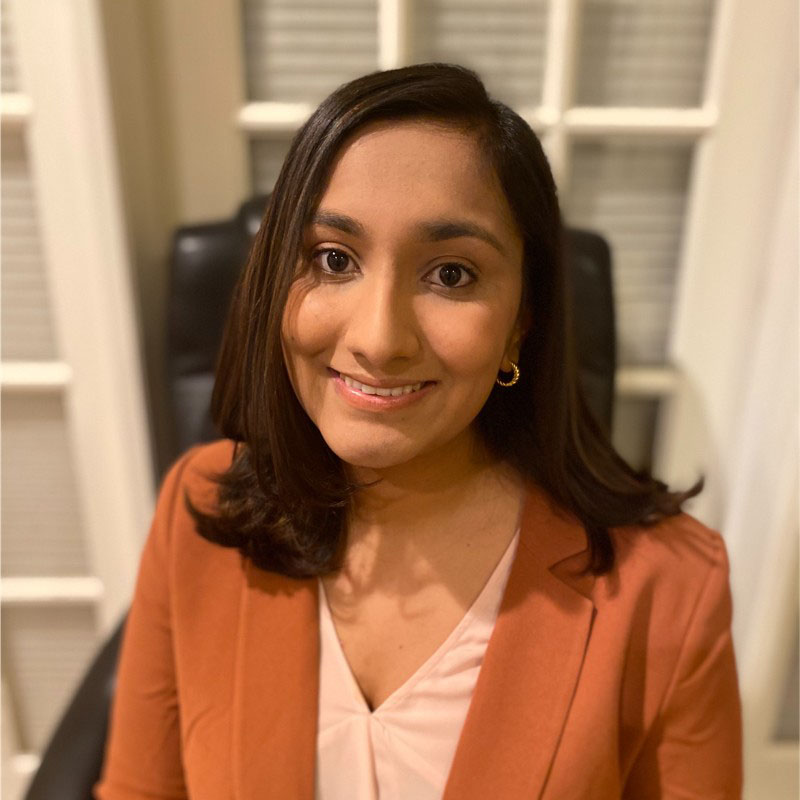Californians have started voting on Proposition 35, which would create a permanent tax on managed care organizations (MCO) with all earnings funneled into Medi-cal, the state’s Medicaid program that covers at least 15 million low-income Californians.
Proposition 35 states that the funding from the MCO tax be largely directed towards reimbursement for providers who see Medi-cal patients in primary and specialty care, emergency care, family planning and reproductive care among other specialties.
The proposition is backed by the California Medical Association (CMA) and Planned Parenthood.
While no counter argument has been officially submitted to the voter guide, the League of Women Voters and the California Pan Ethnic Health Network oppose the measure.
“The devil is in the details with Prop 35,” says Ronald Coleman Baeza, managing director of Policy at the California Pan Ethnic Health Network, an Oakland based organization that works towards health equity for minority communities. “We are very concerned with the approach in Proposition 35 because it directs our state’s resources to select providers who have paid to put the initiative on the ballot.”
Opponents cite the potential for loss of funding for community programs currently covered by Medi-cal such as adult day centers and pediatric centers for children with disabilities among other benefits. While these programs will still be able to apply for funding from the state budget, with larger shares dedicated to directly funding providers there could be less available money for these organizations.
Three major California newspaper editorial boards, the LA times, Mercury News and San Francisco Chronicle have also opposed the measure. They cite the confusing nature of the measure as a key reason.
“The average person, no matter how intelligent, can’t become expert enough in a month to cast a carefully considered vote,” says the LA Times editorial board, referring to the bill’s influence on federal funding and removal of flexibility from the legislature.
Riti Shimkhada, a physician and senior research scientist at UCLA’s Center for Health Policy research is neutral on the proposition but shares the sentiment that the bill is confusing. Some people feel that this proposition would institute a tax which burdens individuals, which is not true, says Shimkhada.
“It’s very complicated. Even many of us in healthcare don’t fully understand it, so I’m not sure how the general public is expected to.”
She also points to a body of research showing that higher physician reimbursement rates have been shown to lead to better patient access to healthcare and health outcomes.
Shimkhada, who has worked with organizations on both sides of the issue says that while both parties want better reimbursement in Medi-cal, the real debate is what is the best way to get there.
Still, proponents of the measure have raised $38 million for “Vote Yes on Prop 35.”
“It’s the way for us to once in a lifetime make a difference in how this system is run,” says Tanya Spirtos, the President of the California Medical Association (CMA).
“What’s happened over the last 20 years as the funding on Medi-Cal has shrunk is that fewer and fewer doctors are accepting Medi-Cal because you lose money with every single patient that you see… what Prop 35 does is brings in a larger amount of money that will specifically go toward the basic foundation of healthcare.”
Advocates say that promising Medi-Cal funding to providers with Proposition 35 will encourage more physicians to see low-income patients. This might broaden the list of providers that Medi-Cal beneficiaries are able to see. In turn, the measure could result in shorter wait times for Medi-Cal patients to receive care from specialists.
While the proposition doesn’t mandate or remove actual reproductive rights in California, it could make these services easier to access, according to Spirtos.
Jodi Hicks, the President & CEO of Planned Parenthood Affiliates of California and former Vice President of Government Relations at the California Medical Association is a Co-Chair of the YES on 35 campaign.
“Voters can help protect access to family planning and more for 15 million Californians on Medi-Cal, including the more than 85% of Planned Parenthood patients in California who use Medi-Cal, Hicks wrote in a statement to the Peninsula Press.

